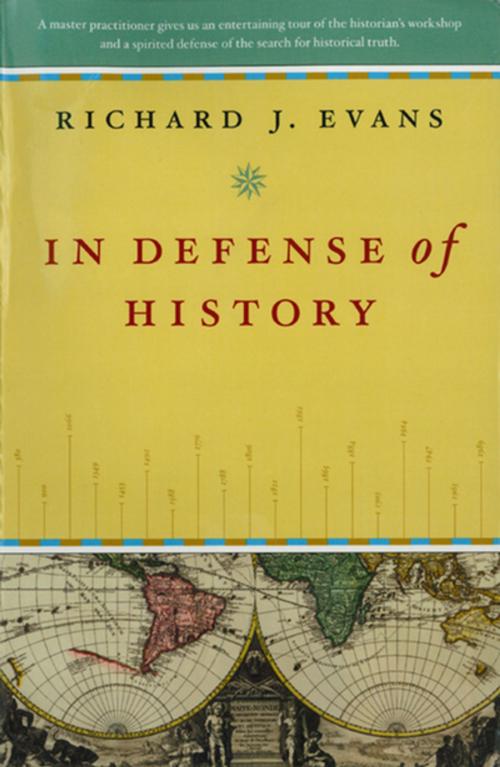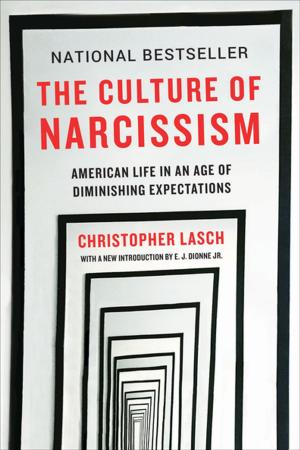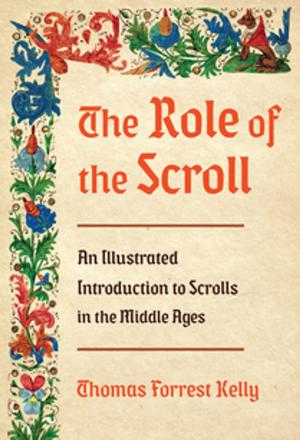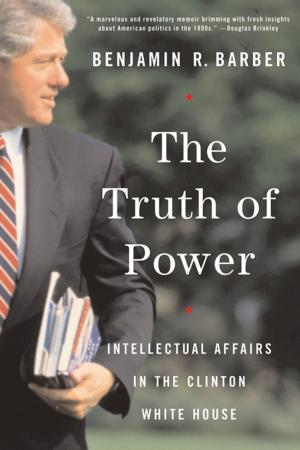| Author: | Richard J. Evans | ISBN: | 9780393285475 |
| Publisher: | W. W. Norton & Company | Publication: | January 17, 2000 |
| Imprint: | W. W. Norton & Company | Language: | English |
| Author: | Richard J. Evans |
| ISBN: | 9780393285475 |
| Publisher: | W. W. Norton & Company |
| Publication: | January 17, 2000 |
| Imprint: | W. W. Norton & Company |
| Language: | English |
A master practitioner gives us an entertaining tour of the historian's workshop and a spirited defense of the search for historical truth.
E. H. Carr's What Is History?, a classic introduction to the field, may now give way to a worthy successor. In his compact, intriguing survey, Richard J. Evans shows us how historians manage to extract meaning from the recalcitrant past. To materials that are frustratingly meager, or overwhelmingly profuse, they bring an array of tools that range from agreed-upon rules of documentation and powerful computer models to the skilled investigator's sudden insight, all employed with the aim of reconstructing a verifiable, usable past. Evans defends this commitment to historical knowledge from the attacks of postmodernist critics who see all judgments as subjective. Evans brings "a remarkable range, a nose for the archives, a taste for controversy, and a fluent pen" (The New Republic) to this splendid work. "Essential reading for coming generations."-Keith Thomas
A master practitioner gives us an entertaining tour of the historian's workshop and a spirited defense of the search for historical truth.
E. H. Carr's What Is History?, a classic introduction to the field, may now give way to a worthy successor. In his compact, intriguing survey, Richard J. Evans shows us how historians manage to extract meaning from the recalcitrant past. To materials that are frustratingly meager, or overwhelmingly profuse, they bring an array of tools that range from agreed-upon rules of documentation and powerful computer models to the skilled investigator's sudden insight, all employed with the aim of reconstructing a verifiable, usable past. Evans defends this commitment to historical knowledge from the attacks of postmodernist critics who see all judgments as subjective. Evans brings "a remarkable range, a nose for the archives, a taste for controversy, and a fluent pen" (The New Republic) to this splendid work. "Essential reading for coming generations."-Keith Thomas















